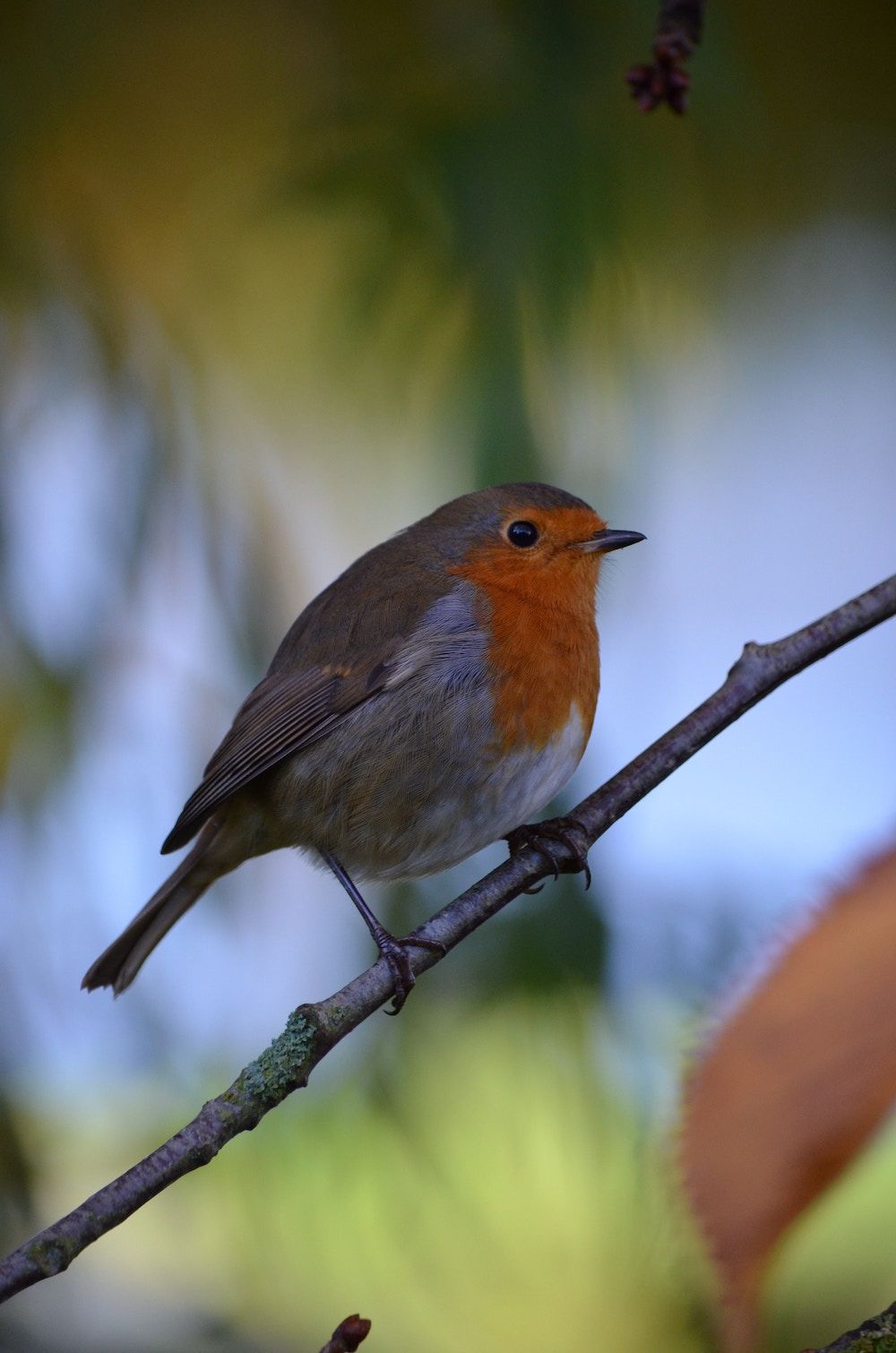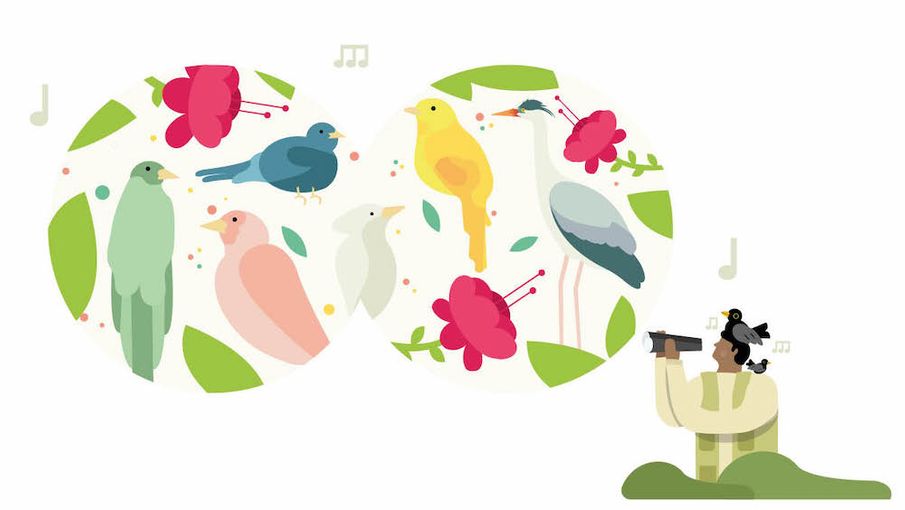Mother Nature is calling, and she’s got your number! Birdwatching can do wonders for your wellbeing, and you don’t need to live in the country or own a flat cap – we promise. Start in your garden, and reap the mental health rewards
It’s no secret that spending time in nature is good for us; getting outdoors, soaking up some vitamin D, and breathing in that fresh air can have a grounding effect we all crave from time to time. So, it should come as no surprise that activities involving nature support our wellbeing too, and this is especially true of birdwatching (or ‘birding’ as the experts call it).
Simply being able to see birds, and spending more time in nature, has been shown to lower the risk of anxiety, stress and depression.
And it’s not just the act of seeing the birds that’s beneficial either. We spoke to Jamie Wyver from the Royal Society for the Protection of Birds (RSPB), who told us about a study from Kings College, London, that revealed birdsong can lift our mood for several hours.
“You might not see another person all day, but the blue tits, robins and blackbirds that hop, flutter and sing in your garden cheer you up, and make you feel less alone – more connected to the outside world,” Jamie explains.
This connection, to nature and other living creatures, is a basic need, and birding is an activity that encompasses both. Add to this the learning aspect (identifying different species), the way it gets our bodies moving, even the mindful benefits, and it’s easy to see the appeal.
Interested in giving birding a go? Here’s how to get started...
1. Start in your garden (or local park)
Find a quiet spot and stay very still. You’ll be amazed at what you can see, even in just 10–15 minutes.
When you want to take things further afield, Jamie says wetlands are ideal. “Open spaces with plenty of waterbirds are great fun to watch. Innocent looking ducks – which are in fact the pirates of the pond, snatching food from coots. Graceful grey herons standing like statues. Spectacular seabird cliffs, mountain birds, heathlands, woodlands… There’s so much to see!”
2. Get some optics

Birding doesn’t have to cost a thing from your garden, but if you want to start exploring further from home, Jamie encourages you to invest in equipment. “To get the most out of it, you’ll need ‘optics’ – binoculars or a telescope – because once you start looking for wild birds in more open settings, you’ll find they’re often just slightly too far away to identify.”
3. Learn more about the birds
While it certainly isn’t a prerequisite for you to know about birds, it can help you get more enjoyment out of the activity. Jamie suggests starting with the birds already visiting your garden or local park.
“Garden birds are a good group to start with because they tend to be more comfortable around people. The RSPB website has an excellent bird identifier, where you work through a series of questions to help you uncover what you’ve seen – as you get more involved, bird books are very handy.”
4. Keep a list of what you see
Another way to make the most of birding is to track what you’re spotting. Jamie started with a notebook and pencil, but now uses an app. “Keeping a list challenges you, and encourages you to explore. Once you’ve seen the easier-to-find birds, you then travel to find the more scarce ones.”
5. Take it to the next level
Contributing to surveys and bird counts help charities and organisations learn more about our feathered friends, so they can protect them better.
“Big Garden Birdwatch is run by the RSPB, but there are many projects up and down the country. Once you’re confident, there’s the British Trust for Ornithology (BTO) Breeding Bird Survey, too,” says Jamie.
The RSPB are looking for volunteers – visit rspb.org.uk to get involved.


Comments